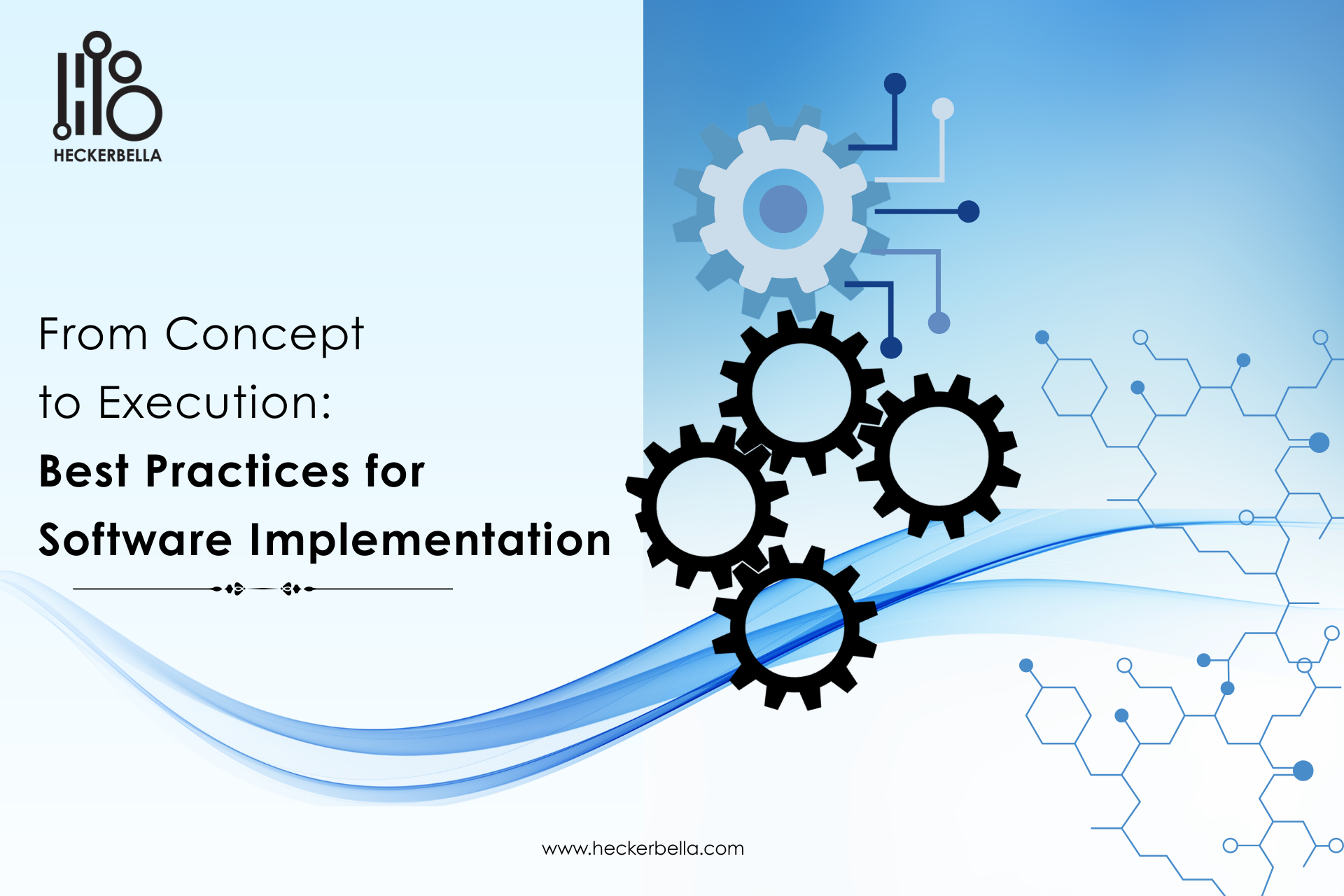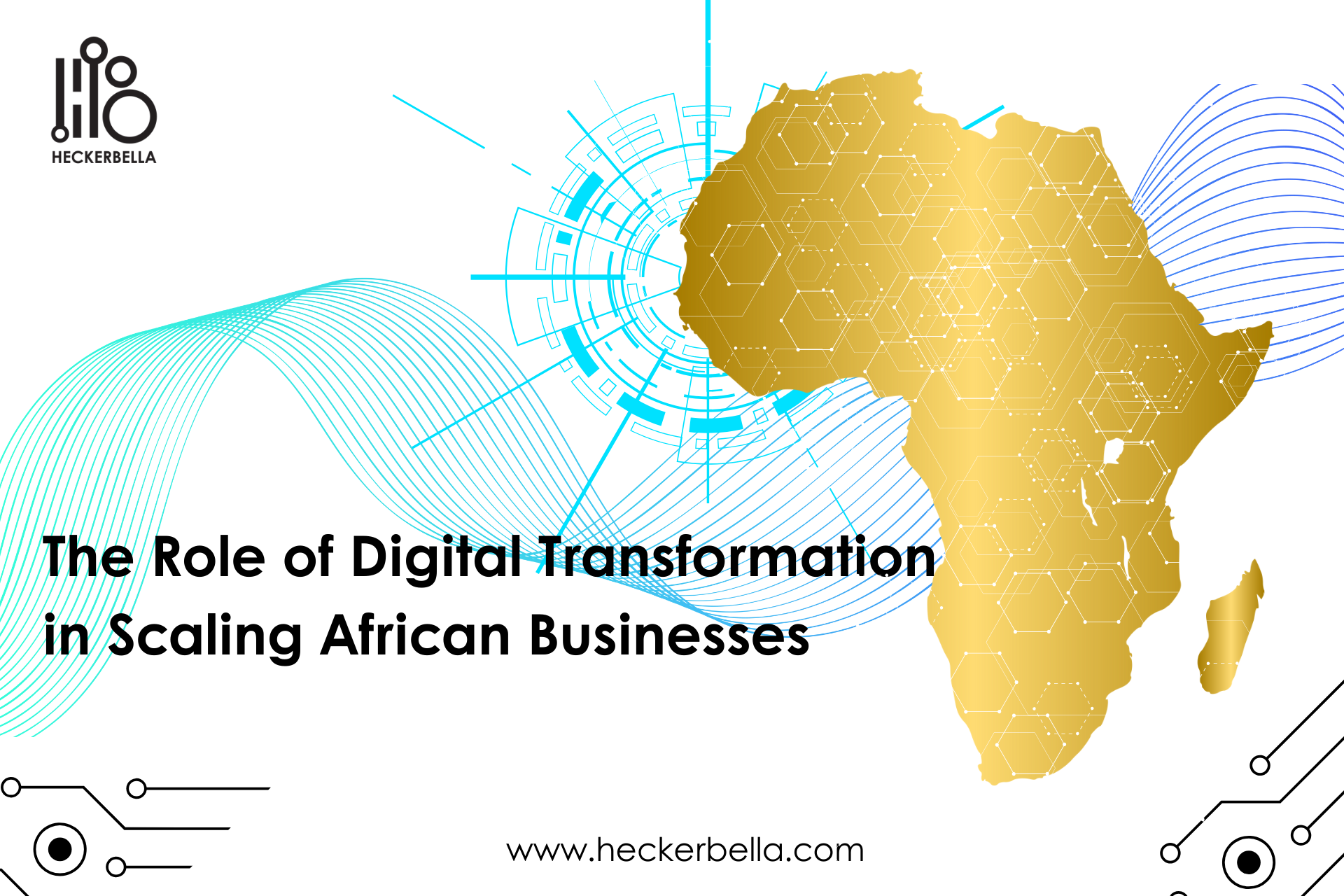The Benefits Of Data-Driven Technologies In The Healthcare Industry
Exodus Edet
August 28, 2023

The rapid development of data-driven technology has caused a fundamental change in the healthcare sector. Data-driven technologies are transforming how healthcare organizations operate, diagnose, treat, and prevent diseases as a result of the exponential growth of healthcare data and the introduction of sophisticated tools. The healthcare industry is benefiting significantly from the use of data analytics, artificial intelligence (AI), machine learning (ML), and other data-driven technologies, which has the potential to improve patient outcomes, increase operational efficiency, and lower costs. This article examines the major benefits of data-driven technologies in the healthcare sector.
1. Enhanced Precision and Personalized Care:
Healthcare workers can now receive full insights into patient health records, genomic data, and current physiological data thanks to data-driven technologies. Healthcare professionals may make more precise diagnoses, create individualized treatment regimens, and forecast the likelihood of diseases by analyzing vast amounts of patient data. This data-driven strategy increases healthcare delivery precision, which improves patient outcomes and care quality.
2. Predictive Analytics for Disease Prevention:
Data-driven technologies enable predictive analytics by evaluating massive amounts of patient data, such as medical records, lifestyle information, genetic data, and environmental factors. Healthcare companies can predict disease onset, identify high-risk populations, and adopt preventative interventions by recognizing patterns and correlations in data. Predictive analytics also aids in resource allocation and healthcare planning.
3. Streamlined Workflows and Operational Efficiency:
Implementing data-driven technologies enhances operational efficiency and streamlines healthcare operations. EHRs digitize patient information, enabling for simple access, secure exchange, and better coordination among healthcare practitioners. Computerized physician order entry (CPOE) systems, intelligent decision support systems, and automated data entry decrease manual errors improve communication, and speed up clinical operations. Furthermore, data-driven solutions allow for effective resource management, inventory control, and optimized scheduling, resulting in cost savings and enhanced patient flow.
4. Drug Discovery and Clinical Research:
Data-driven technologies are changing the face of drug discovery and clinical research. Advanced analytics, AI, and machine learning algorithms assist in the analysis of massive amounts of genomic data, medical literature, clinical trial data, and drug interactions. This makes it easier to identify new therapeutic targets, speeds up drug development procedures, and improves clinical trial success rates. Data-driven approaches also allow for the identification of patient cohorts for focused clinical trials, paving the way for personalized medicine and better treatment outcomes.
5. Population Health Management:
Data-driven technologies are essential for population health management. Healthcare organizations can discover health trends, monitor disease outbreaks, and adopt preventative interventions by aggregating and analyzing large-scale health data from varied sources such as wearables, social media, and public health records. Data-driven population health management solutions allow for more effective resource allocation, early disease identification, and intervention programs, ultimately improving public health outcomes.
Data-driven technologies are transforming healthcare, with enormous potential to improve patient care, operational efficiency, and public health outcomes. Healthcare organizations may improve precision and personalized care, anticipate and prevent diseases, streamline processes, accelerate drug discovery, and optimize population health management by leveraging the power of data analytics, AI, and Machine Learning. As the healthcare sector continues to adopt data-driven technologies, it is critical to prioritize data privacy, security, and ethical issues to ensure that these transformational tools are used responsibly and effectively for the benefit of patients and society as a whole.




